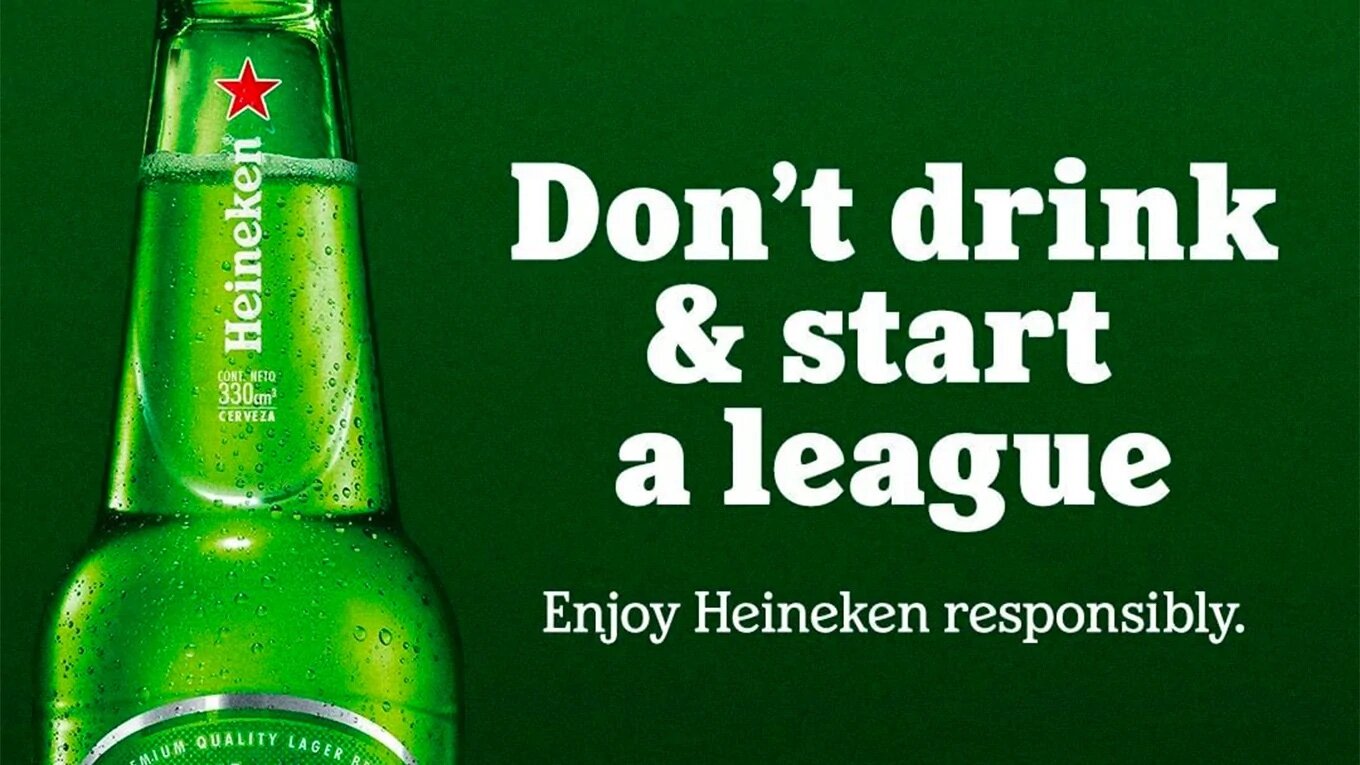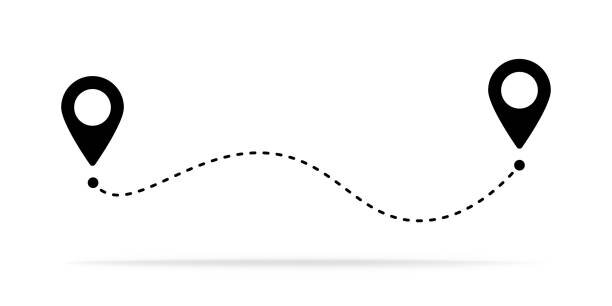There is always room for improvement as you do not just wake up and become a beautiful butterfly (egg > caterpillar > pupa > butterfly). The process is called metamorphosis, a Greek word that means transformation or change in shape.
I think effective communication is when you are really good at delivering the message concisely. We all have a sales process, but in reality, we are not going to dictate to the buyer without creating an incentive for them to bow to our sales process. I always ask myself, “What is the 1% that I want the buyer to walk away with?” Being an effective communicator through stories is an ideal way to differentiate and may lead to the buyer relaying your story to the end-users. This is a skill that I am constantly trying to master - slowing down to speed up.
Sales is a profession and you have to put in the work just like a professional athlete. In sales the outcome is not solely based on the performance, sometimes the performance can be awesome and the outcome mediocre. It’s incredibly valuable to evaluate your sales calls and process. Contact me via e-mail to arrange a meeting or workshop about building your sales process and self reflection tools.





















